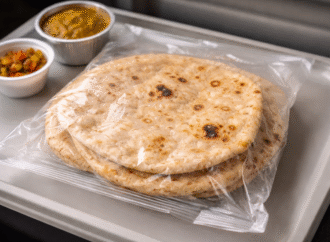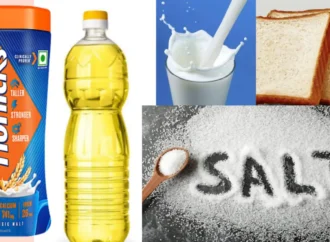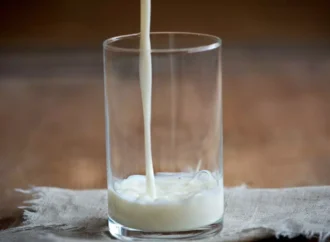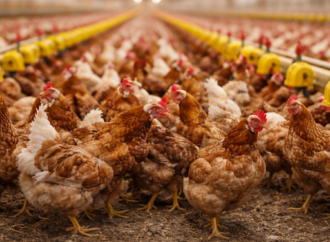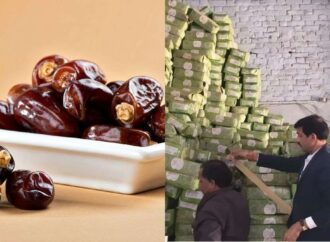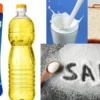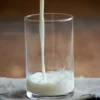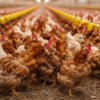Key Update
The Food Safety and Standards Authority of India (FSSAI) has set official quality standards for dehydrated tarragon—both in whole and powdered forms—under the First Amendment to the Food Products Standards and Food Additives Regulations, 2025. These new standards will take effect on February 1, 2026. For the first time, FSSAI has defined quality benchmarks for this herb, which Western cuisines widely use and which is now gaining popularity in Indian food manufacturing and gourmet sectors.
What Is Tarragon?
Tarragon (Artemisia dracunculus Linnaeus), known locally as Vilayati Damnak, is a herb from the Asteraceae family. It’s prized for its distinctive flavor and commonly used in sauces, seafood, and other gourmet preparations.
Standards for Dehydrated Tarragon (Whole Form)
The new regulations mandate that dehydrated tarragon must be clean, safe, and free from contamination. Key quality parameters include:
- Moisture content must not exceed 10%.
- Total ash (on a dry basis) is limited to 12%, ensuring mineral content remains within acceptable limits.
- Acid-insoluble ash, an indicator of dirt or sand, must not exceed 1.5%.
- Volatile oil content, which contributes to the herb’s aroma and flavor, must be at least 0.6 ml per 100 grams.
- The product must be free from foreign matter, with extraneous plant parts limited to 1%.
- Broken stems are restricted to a maximum of 3%.
- Discoloration is also controlled, with no more than 15% yellow or brown leaves permitted.
In addition, the chemical profile of the volatile oil must include key compounds such as methylchavicol (estragole) and trans-anethole, and must not contain sabinene or elemicin in significant amounts—this ensures the oil’s authenticity.
Standards for Dehydrated Tarragon Powder
For the powdered form of tarragon, the FSSAI has prescribed slightly adjusted parameters:
- Moisture remains limited to 10%.
- Total ash and acid-insoluble ash must remain within the same limits—12% and 1.5%, respectively.
- Volatile oil content, slightly lower due to processing, must be at least 0.5 ml per 100 grams.
- The powder must be clean, free from foreign or extraneous matter, and chemically consistent with the standards for whole tarragon.
Why This Matters
By introducing these standards, FSSAI is:
- Ensuring uniformity and purity of tarragon products sold in the market.
- Helping consumers access herbs that meet global safety and quality norms.
- Supporting export potential by aligning Indian herb quality with international benchmarks.
- Enhancing traceability and accountability in the spice and herb supply chain.
Source: Foodtech Network
 Food Manifest
Food Manifest 

